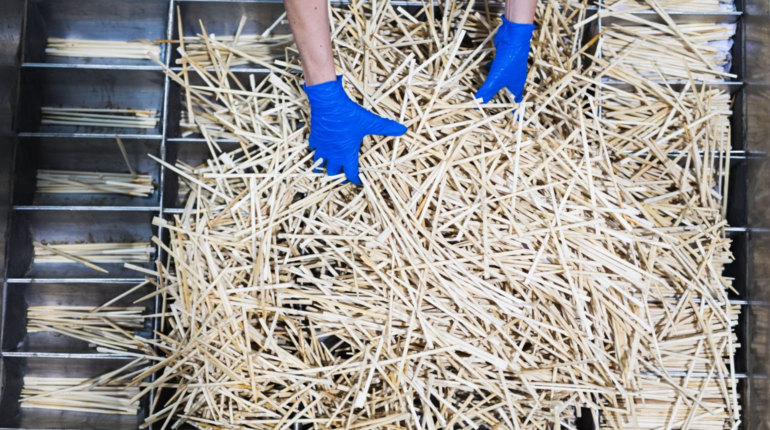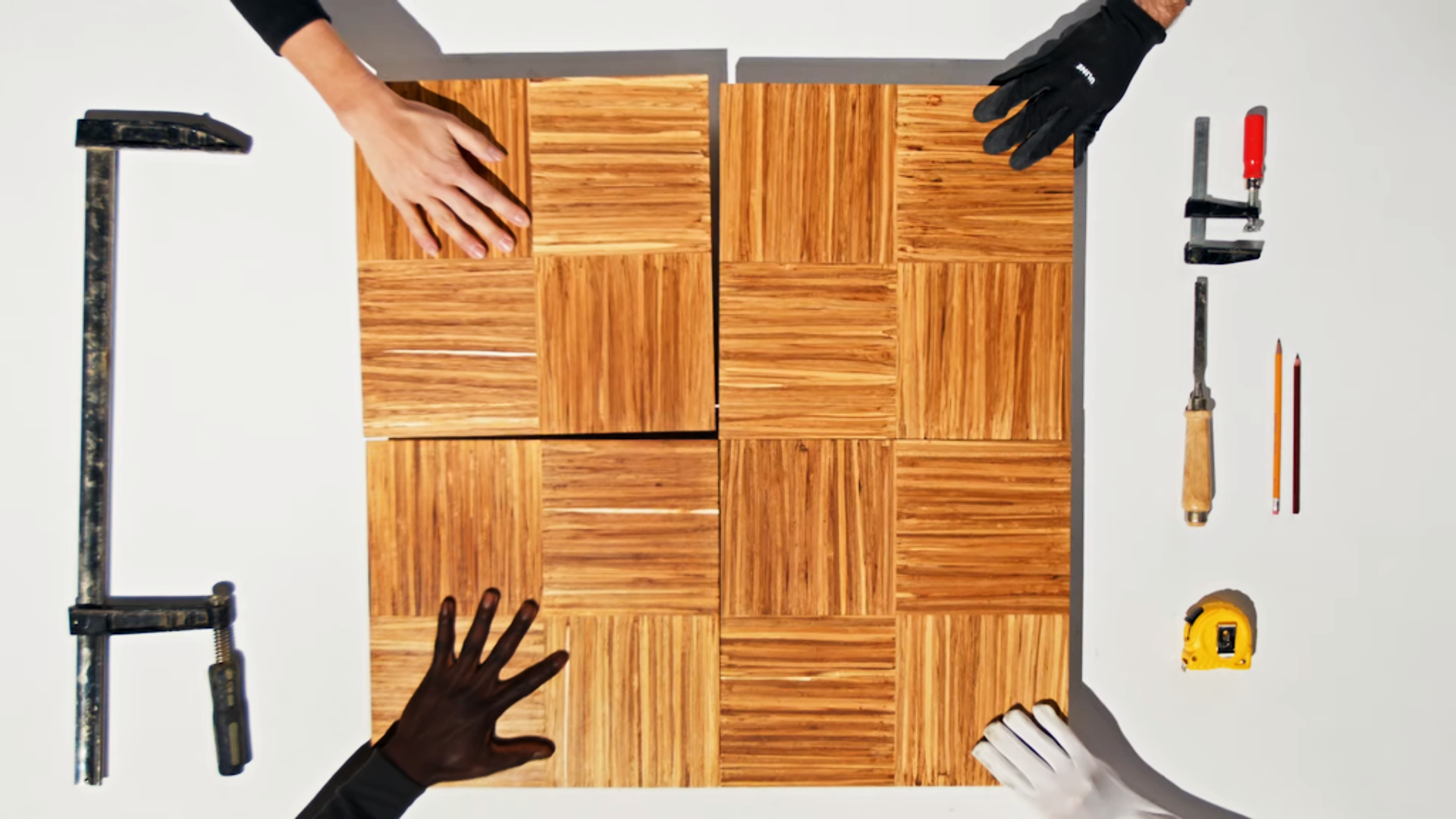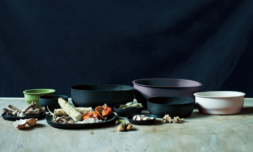The Canadian-based company has just diverted its hundred-millionth chopstick away from landfill. These throwaway items are being transformed into furniture and even resturant interiors at McDonald’s.
When tucking into some lunchtime ramen, we scarcely think about how our chopsticks came to be or where they will ultimately end up.
Well, for an item that serves its entire life purpose in around a half hour, North America reportedly imports between 40 to 50 billion pairs every single year. The majority of inventory is made of bamboo and comes from China, meaning its perpetually ferried thousands of miles overseas.
Unless you’re Joey Tribbiani from Friends, these sticks usually end up in the trash after use, meaning tons of potentially useful bamboo is left to degrade in landfill. Canadian company ChopValue is striving to end this waste, however, having just diverted its hundred-millionth chopstick from obsolete oblivion.

Operating in 12 cities around the world, the resourceful firm collects these utensils from restaurant chains like Wagamama and P.F. Chang’s, cafeterias from schools and universities, and corporate offices from partners including Slack and Vancouver International Airport.
All have been provided with dedicated wood/bamboo recycling bins which are collected weekly. The goods are then delivered to the nearest ‘decentralised micro-factory’ which the company claims has prevented some 138,000kg of CO2 through short-distance transportation.




















